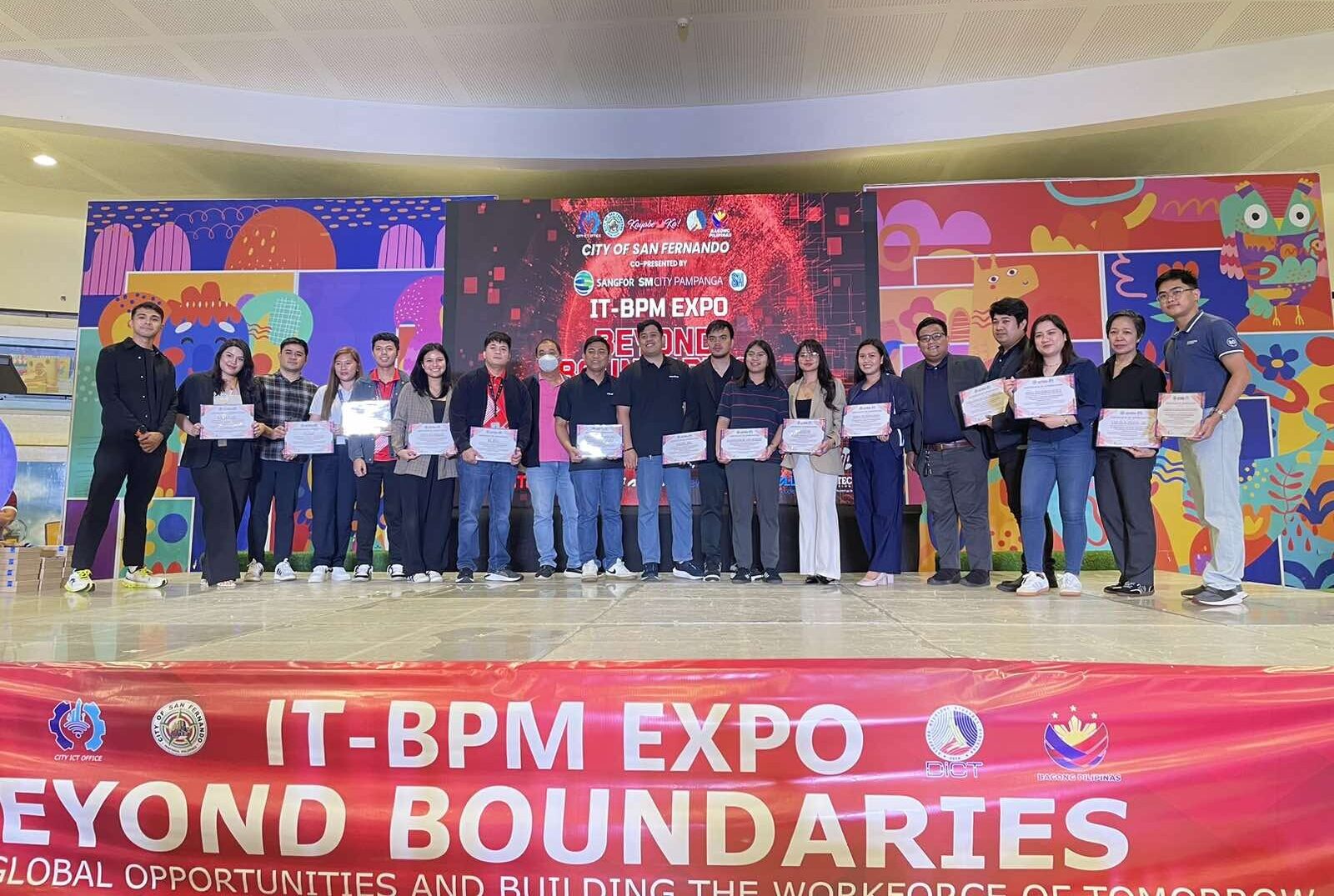After letting us explore the menu for a couple of minutes, the waiter came back. Expecting we have decided the food we want to order, he asked: “So Sir, ano po order nila?”
But Marco, my son, was getting into a tantrum over an online game he was playing on his iPad. Instead of telling the waiter that we want two orders of pancakes, cheese burger, fries and soda. I responded:
“Uhm, meron ba kayong WiFi? Ano ang password?”
He smiled then he pointed to their signage:
Sorry. No WiFi. Talk to each other.

What is wrong if the first thing I look for in a restaurant or coffee shop is WiFi? What is wrong if I always find hotspots? What is wrong if I have more friends on the Internet than in real life? What is wrong if I am online 24 hours a day on Facebook? What is wrong if we spend 3 minutes taking photos of the food and upload it on Facebook or Instagram before we eat it? How can technology be the enemy?
Technology can be defined as applications, instruments or processes that enhance or simplify the aspects of everyday life. They say that we are now living in a wireless world.
Nowadays, the Internet is the best way to keep in touch with a lot of people almost wherever we happen to be at the same time. It seems pretty obvious that technology has changed the human relations in the past few decades. Most of the people from all over the world now use Facebook, Twitter, Google groups, Instagram to exchange messages, photographs or videos with family, friends, colleagues, or sometimes, with your boss.
The widespread use of smart phones, the rise of the Internet, and the advent of social media have changed the way we work, the way we live and the way we make and maintain friendships. We live in a world where we are accustomed to being connected to the Internet at all times.
The Internet is just part of our lives now and seems to be one of the human basic needs. It’s almost impossible to go out without wanting to have Internet. We are all wired 24 hours a day. Before the Internet came into existence, if you wanted to speak to a friend who isn’t in the same room as you, you would have to call them on a phone. Or if you wanted to send them a note you had to send a letter through snail mail. But now, it’s so easy to just send a message on Facebook or Whatsapp instantaneously.
The principal advantage of the Internet is its capability to connect billions of computer and devices to each other. It creates convenience in sharing and receiving information between users through automation. For instance, with the Internet came the convenience of online shopping. Rather than having to drive to a mall, you can now do all of your shopping with a few click of the mouse. Nowadays, online banking is practically the norm too. You can now pay your bills, transfer funds or just check your balance online. Everything is fast and convenient.
But there are some people who see the problems that can come with the technology. The narrative is pushed that smartphones and tablets are turning us into anti-social screen gazers who are more interested in the wired world than the world that surrounds us. Teenagers spend huge portions of their day distracted by the virtual reality afforded by social media, a habit, an addiction that can affect school and work. At home, things are changing too. Some people, instead of talking to his or her spouse, parents, children or relatives, prefer to use Social Networking during breakfast, after lunch or even at night. In the street, it’s quite common to see people using their iPhones or smartphones. We no longer speak with our neighbors. You can also see people doing that at the bus stop or train stations. At work, sometimes, colleagues would rather prefer to send a private message by internet than to have a conversation over a cup of coffee, for instance. Indeed, human relationships have become more impersonal. Some argue that we don’t truly enjoy the real life anymore because everything happens just in the cyber world.
Today, we have a universal fear that technology controls our lives rather than vice versa. This fear is not entirely misplaced, but the real question is whether technology should actually be viewed as the enemy? It is true that technology has changed the way we communicate, but it has not eliminated communication. And that is good news.
The Internet does not hurt people. In fact, nothing really changes. We still interact like what we used to do twenty years ago when we used to read newspapers more. Technology, the Internet, Social media have actually improved and augmented our relationships, rather than undermined them. Online communication does not replace the traditional offline forms of interaction. Instead, it adds on to them, making the overall frequency of communication better. Email and social media communications are not better or worse than in-person ones. They are just different. The Internet contributes extra features in such a way as to improve, enhance or emphasize interaction and communication.
But of course, anything that we use abusively is bad and not healthy. These technologies will only be of greater use if we know how to use them properly. Everything has to be balanced by being a responsible user. Live and enjoy life to the fullest.







